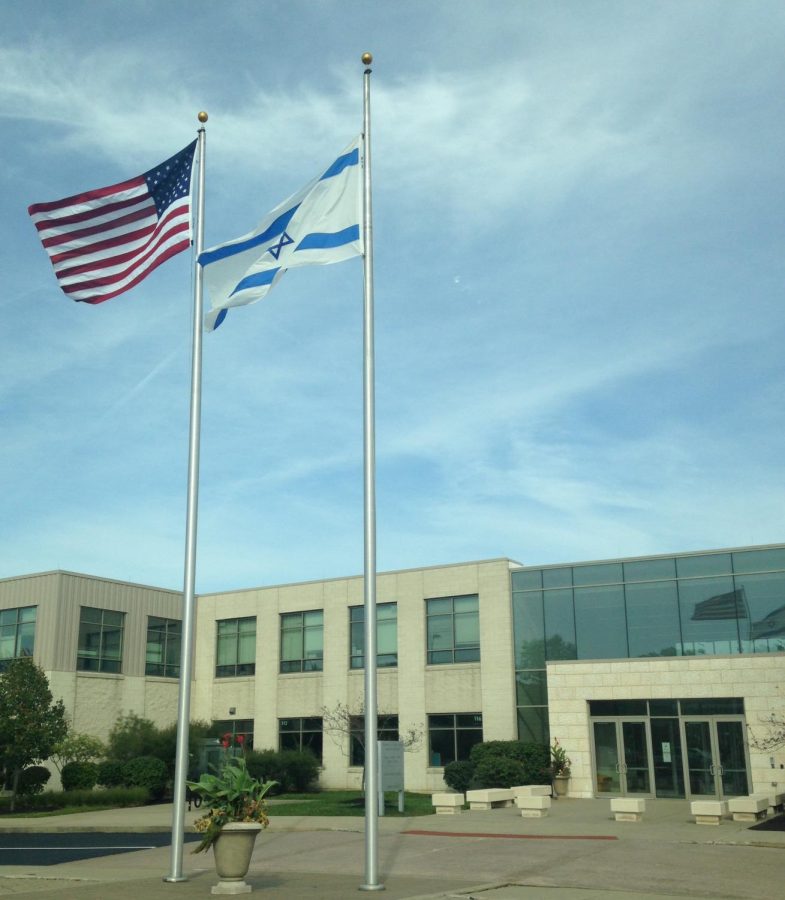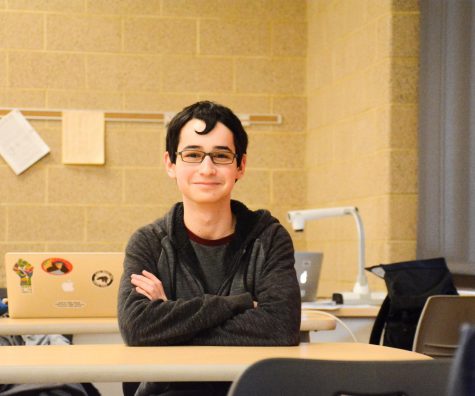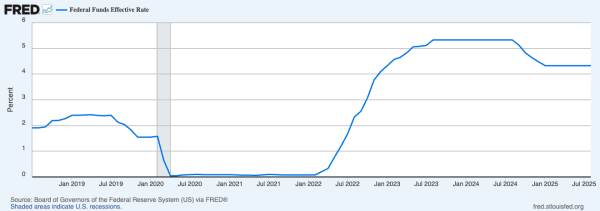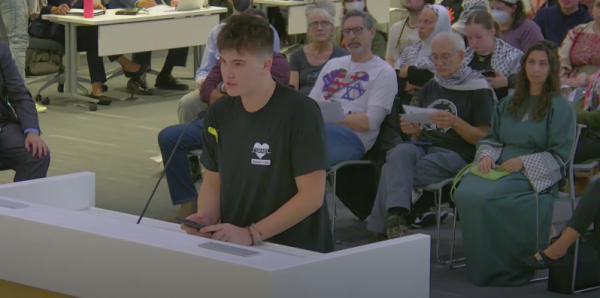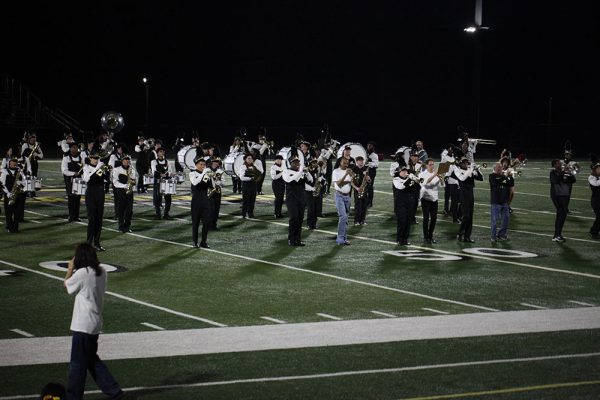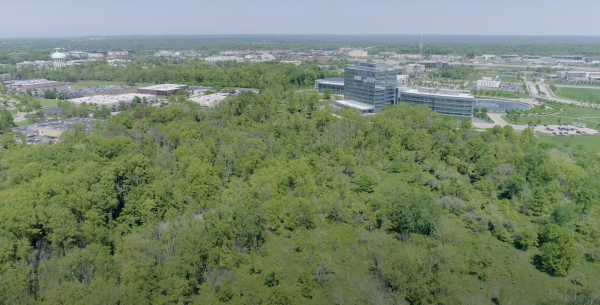How Extremism Threatens Civilization
“There’s a little bit of a feeling… almost like a loss of innocence that you don’t want to have to think about when you’re dealing with children and school,” said Rabbi Avery Joel, Head of School at Fuchs Mizrachi.
We live in a time where extremism is no longer news. Conspiracy theories, hate speech, fundamentalism, intimidation, separatism and countless other extremist practices across the entire ideological spectrum are thriving today in every sphere of life and every corner of the world.
For instance, mass shootings and other terrorist attacks, whether in New Zealand, Sri Lanka, France, the United States or elsewhere, now occur with such devastating frequency that each ineffably stings and scares, but never truly surprises.
It is no hyperbole to declare the startling evolution of extremism within many chauvinistic networks—from ideology to rhetoric to agenda to violence or power—complete or well on its way. In practice, the perverse sense of privilege and self-victimization which invariably motivates interpersonal hatred (and thereby invites extremism) arguably poses the greatest existential threat of our time to rationalism, empathy and civilization. Everywhere, alarmists are spared their efforts—panic persists and prevails regardless.
“We’ve seen it in history before,” said social studies teacher John Perse. “We start to lose the ability to understand freedom of speech, [and as a result,] we’ve gotten to a point where we do feel extraordinarily, personally entitled.”
The extremist psychopathy, therefore—the visceral, proclamatory sort of bigotry with which we are presently afflicted—endangers the very notion of a free and mutually tolerant society, as well as the lives of an innocent many.
Indeed, according to a January, 2019 report from the Center on Extremism of the Anti-Defamation League, “Over the past 10 years, 51% (216 out of 427) of domestic extremist-related murders have had a primary or secondary ideological motivation.”
Mere sectarian affiliation—some fanatical, immaterial pseudo-philosophy or other, the very stuff of extremism—literally catalyzed hundreds of homicides in the past decade alone, in this one nation of ours alone, discounting all nonlethal incidents or incidents lacking evidence of ideology up to a strict standard of proof.
That’s not to say that ideological extremism is unique to this generation; it’s to say that its current effect, though geographically and statistically dispersed, is palpably real.
For instance, not but a mile away at Fuchs Mizrachi School, Head of School Rabbi Avery Joel explained the impact of the rise of extremism on a Jewish educational institution. There, the proliferation of hatred in recent years has necessitated everything from increased safety spending to limited entrance locales to parental ID tags to otherwise-obsolete drills and discussions.
“There’s a little bit of a feeling,” he said of these inconveniences, “…almost like a loss of innocence that you don’t want to have to think about when you’re dealing with children and school. It impacts [the community] culture a little bit—I hope it doesn’t take away too much in terms of the openness that we want to embody as a school.”
The ramifications of extremism, then, extend far beyond concrete counter precautions and other necessary lifestyle adaptations—as Perse explained, they inevitably involve “that upward spiral of tension and escalation where we [question our fundamental identity]”.
And so, as we fret about, lamenting the nature and future of extremism much as we do earthquakes, we circumvent our ultimate reality, our ultimate misfortune. It is this: until such a time as mankind reconciles privilege and liberty with community and coexistence in a true and final fashion, it shall remain stayed by, chained by, terminally plagued by its own intolerant factions.



